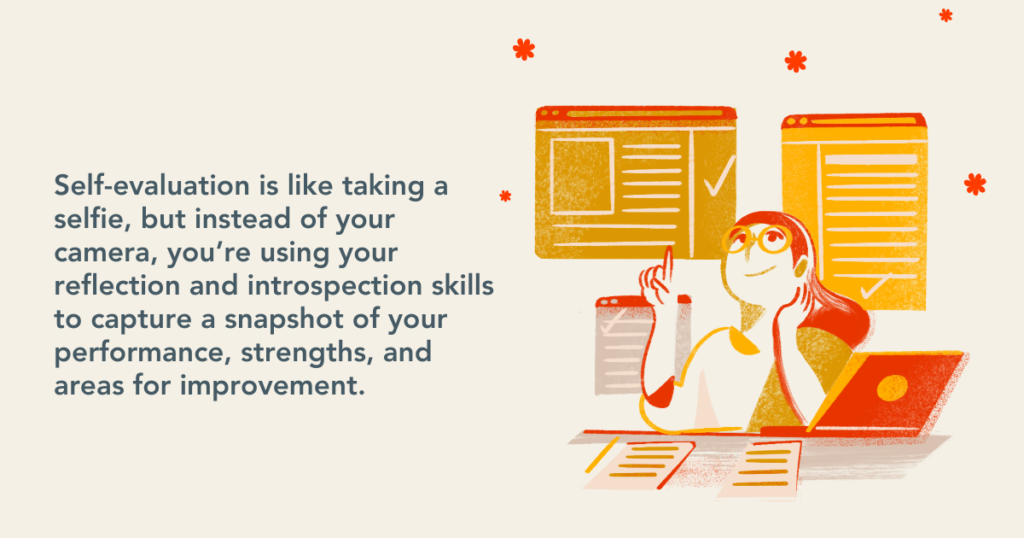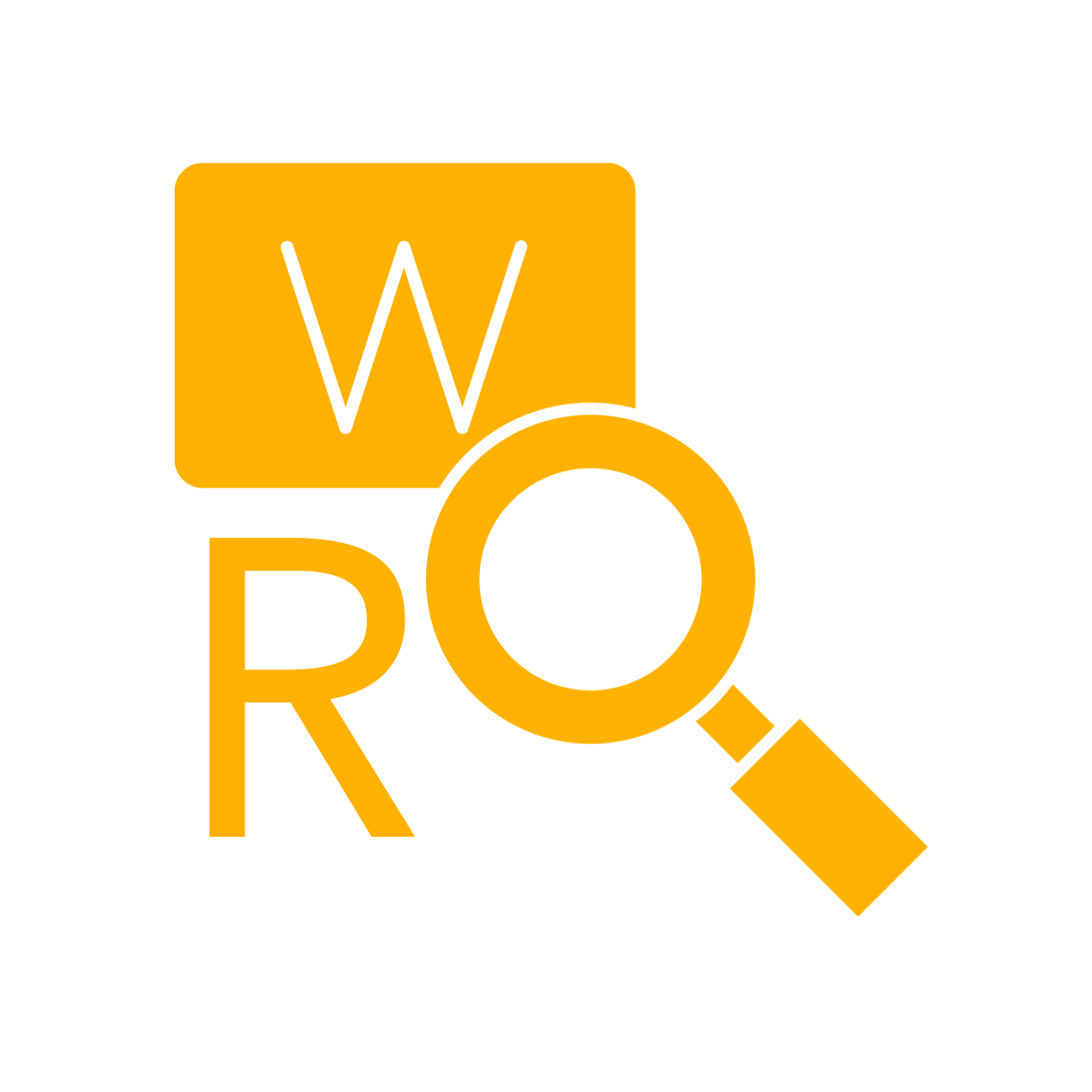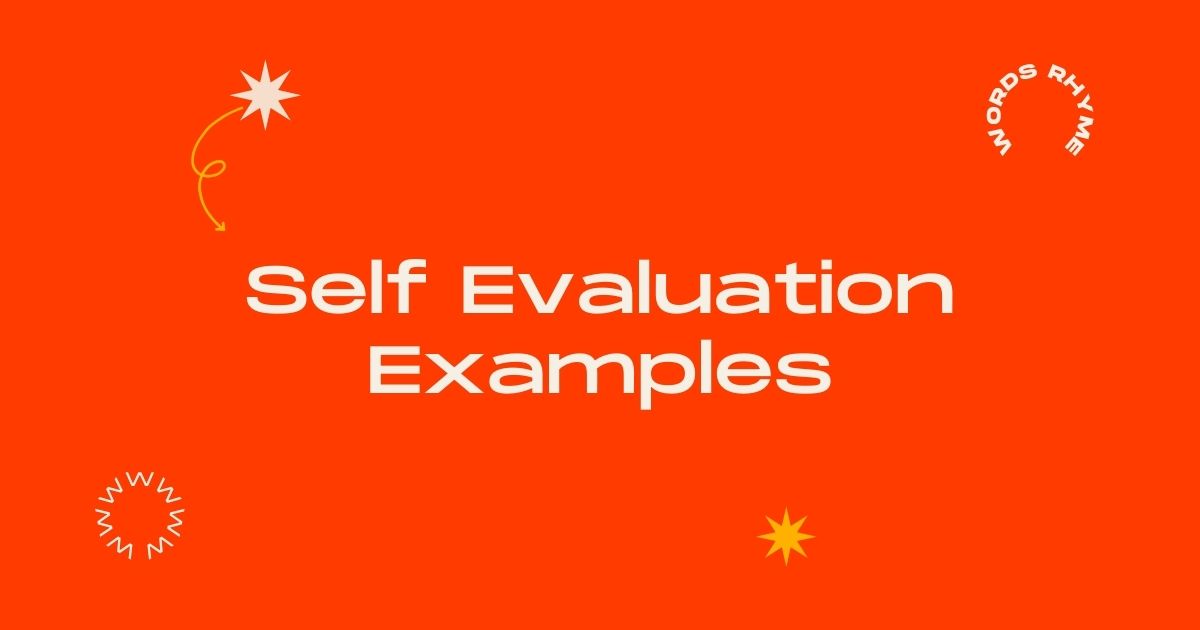In a world of constant change, like the one we’re living in, knowing how to evaluate yourself is a superpower: it’s being your own life coach, your own cheerleader, and your own Simon Cowell when you need the hard truth. They’re not only a cornerstone of professional development, they’re a window into personal growth. Let’s jump into the art of self-evaluation – we’ll throw in a few self evaluation examples, maybe even crack a joke or two (because why not?).
Table of Contents
What is Self Evaluation?
Self-evaluation is like taking a selfie, but instead of your camera, you’re using your reflection and introspection skills to capture a snapshot of your performance, strengths, and areas for improvement. It’s not about saying “I’m great”, or “I suck”. It’s about honestly and constructively looking at yourself.

Why Bother with Self Evaluation?
- Boosts Self-Awareness: Understanding your strengths and weaknesses is like having a map in a jungle. It helps you navigate your career path more effectively.
- Fuels Professional Growth: Like plants need water, your career needs regular self-evaluation to grow.
- Prepares You for Reviews: Going into performance reviews without self-evaluation is like showing up to a potluck without a dish. You’re just not fully prepared.
- Enhances Communication with Management: It’s your chance to put your thoughts on the table and discuss your career aspirations and needs.
Crafting Your Self-Evaluation
Now, let’s get to the meat of the matter – writing a self-evaluation. It’s not just about listing achievements or mistakes. It’s about showcasing your journey, growth, and plans for the future.
Example 1: Strengths and Achievements
Start by highlighting your strengths and achievements. Be specific and use data where possible. For instance:
- Achievement: Led a team project that increased departmental efficiency by 15%.
- Strength: Demonstrated strong leadership and problem-solving skills.
Example 2: Challenges and Learning Experiences
It’s also important to discuss challenges and what you learned from them. This shows self-awareness and a willingness to grow. For example:
- Challenge: Struggled with time management during the XYZ project.
- Learning: Implemented a new scheduling system, improving my time management skills.
Example 3: Goals and Future Plans
End on a positive note by setting goals and outlining your plans. This shows initiative and ambition. For example:
- Short-term Goal: Improve public speaking skills by attending workshops.
- Long-term Goal: Aim for a leadership position within the next two years.
Balancing Humility and Confidence
One constant tightrope walk of self-evaluation is that of balancing humility with confidence. It’s all about the humble-brag. It’s okay to be proud of what you’ve accomplished, but remember to speak to the team that helped you get there, your areas for improvement, and what you know you’re excited to get better at in the coming year.
Self Evaluation Examples
Here are 3 examples of self-evaluations:
Self-Evaluation Example 1: Professional Development
Objective: To assess and articulate personal growth and areas for improvement in the workplace.
Strengths:
- Communication Skills: Successfully led bi-weekly team meetings, ensuring clear and effective communication among team members. Facilitated a positive, collaborative environment, resulting in a 30% increase in team efficiency.
- Project Management: Managed a cross-departmental project, meeting all milestones on time and staying within budget. Demonstrated strong organizational skills and attention to detail.
Areas for Improvement:
- Technical Skills: While proficient in basic software, I recognize the need to upgrade my technical skills, specifically in data analytics, to contribute more effectively to data-driven projects.
- Public Speaking: I tend to get nervous during large presentations. I plan to attend a public speaking workshop and seek opportunities for presenting to improve my confidence and delivery.
Goals for Next Year:
- Enroll in an advanced Excel and data analytics course.
- Lead at least two major presentations with confidence and positive feedback.
Self-Evaluation Example 2: Personal Health and Wellness
Objective: To reflect on personal health habits, set goals for improvement, and acknowledge achievements in personal wellness.
Strengths:
- Regular Exercise: Maintained a consistent workout routine, exercising at least four times a week. Noticed improvements in stamina, strength, and overall mood.
- Healthy Eating Habits: Successfully incorporated more fruits, vegetables, and whole foods into my diet, reducing fast food consumption to once a month.
Areas for Improvement:
- Sleep Patterns: Struggle with maintaining a consistent sleep schedule, often getting less than the recommended 7-8 hours.
- Stress Management: Tend to internalize stress, which occasionally affects physical and mental well-being.
Goals for Next Year:
- Establish a consistent bedtime routine to ensure 7-8 hours of quality sleep each night.
- Practice mindfulness and meditation at least three times a week to manage stress more effectively.
Self-Evaluation Example 3: Personal Finances
Objective: To assess financial habits, recognize areas of smart financial decisions, and identify opportunities for better budgeting and savings.
Strengths:
- Budgeting: Successfully followed a monthly budget, allowing for better tracking of expenses and savings.
- Emergency Fund: Built a six-month emergency fund, providing a safety net and peace of mind for unexpected expenses.
Areas for Improvement:
- Impulse Purchases: Occasionally make unplanned purchases, especially during sales, which can disrupt the monthly budget.
- Investment Knowledge: Limited understanding of investment options and strategies, hindering the potential for passive income.
Goals for Next Year:
- Reduce impulse purchases by 50% by implementing a 48-hour “thinking period” before making non-essential purchases.
- Enroll in a basic investment course to gain a better understanding of the stock market and other investment opportunities.
Frequently Asked Questions
How often should I perform a self-evaluation?
Formal self-evaluations are often done annually. However, it’s useful to reflect on your performance more often than this. Doing a mini self-evaluation every quarter allows you to keep a finger on your performance pulse, and make changes or adjustments as needed.
How can I remain objective during my self-evaluation?
It can be tough to remain objective while evaluating your own performance. Wherever possible, base your evaluation on fact, especially if this can be supported by specific examples. Ask for feedback from colleagues or mentors to give you an outsider’s perspective. Also, compare your self-evaluation with your manager’s assessment of you, and your previous documentation for proof that new trends in performance have been popping up.
What should I focus on when discussing my weaknesses?
When discussing your weaknesses, focus on areas in which you’ve run into problems, but are currently attempting to improve upon. This shows self-awareness, as well as a “can do” attitude. Make sure you show that you are doing everything in your power to be the best in that particular area.
How detailed should my self-evaluation be?
You need to strike the perfect balance with your self-evaluation. You should be detailed enough that your self-evaluation provides a clear picture of your performance and impact, although not so detailed, that your significant achievements and learning points get lost amongst the rest of your verbiage.
Can self-evaluation impact my career progression?
Absolutely. A self-evaluation done well, can pique your manager’s interest, and get them excited to meet with you to discuss your performance. Additionally, it can help frame conversations around salary increases and other promotions that you might be interested in. Career progression discussions amongst others, can also be influenced heavily by a strong self-evaluation.
Conclusion
In the end, self-evaluation is an art. It’s about painting a picture of your past year warts and all then sketching out the path you want to take in the future. And remember, self-evaluation isn’t just a once-a-year thing; it’s an ongoing process – like gardening. You need to tend to it regularly if you want to see real growth. So grab your metaphorical gardening tools, and start evaluating!


